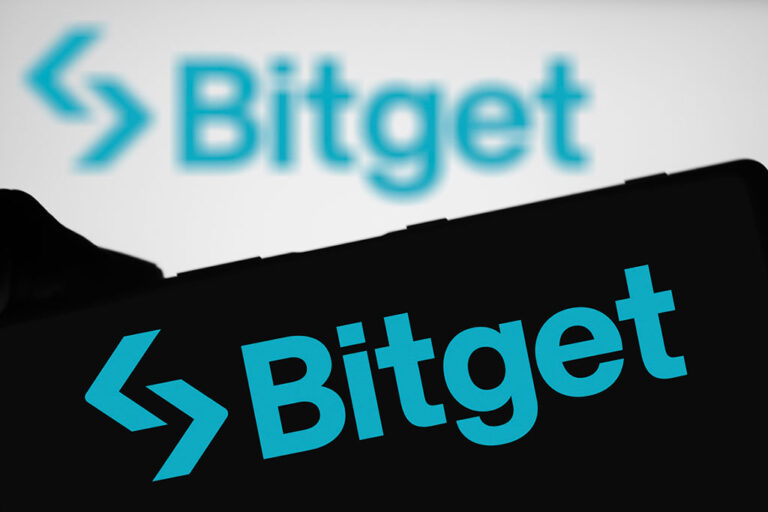Bitget’s stringent new listing standards and enhanced vetting processes show the exchange’s commitment to combating fraud and ensuring a secure trading for its users.
In a bid to improve security and trust, Seychelles-based cryptocurrency exchange Bitget has announced a major revision of its token listing requirements. The update introduced on October 10 imposes stricter criteria to reduce scam risks and uphold the integrity of listed tokens.
As one of the leading crypto exchanges by trading volume, Bitget oversees over $3.4 billion in user assets and handles more than $1.5 billion in daily trades, according to CoinMarketCap and DefiLlama. Consequently, these latest changes show the increasing concern within the crypto community regarding fraudulent projects and emphasize the necessity for stricter regulations.
Under the new listing standards, each project’s business plan and the developers’ backgrounds undergo a thorough review. Furthermore, projects must now meet several essential criteria, including fully diluted valuation (FDV), previous development and investment history, detailed business plans, lock-up periods, token distribution strategies, and active social media engagement.
Bitget Enforces 20x FDV Limit
Bitget has revamped its listing process by focusing more on tokenomics. The exchange now closely examines token supply, distribution, and utility to ensure balanced growth and fairness. One key aspect is evaluating a project’s Fully Diluted Valuation (FDV), which estimates the total worth of the token supply. Bitget has set a limit, requiring the FDV to stay under 20 times the amount raised in financing.
For example, if a project raises $5 million, its FDV should not exceed $100 million. Bitget’s representative stated that “the FDV must align with the amount raised, ideally staying below 20 times the financing”. This step aims to avoid inflated valuations that could mislead investors.
Bitget also scrutinizes tokens with lock-up periods of less than two years. Shorter unlock periods might indicate a lack of long-term dedication from the project team, potentially causing early sell-offs and price drops. By promoting longer lock-up periods, Bitget seeks to create a more stable and reliable trading environment.
Bitget Intensifies Team Vetting
Bitget is expanding its scrutiny of project teams, emphasizing thorough background checks on team members. These checks aim to uncover any ties to fraud, investor deception, or unlawful activities. Bitget’s Chief Legal Officer Hon Ng stressed the importance of protecting users who invest time in providing registration documentation. This effort reinforces Bitget’s commitment to user safety.
For tokens already on other exchanges, Bitget will conduct additional reviews, focusing on smart contract security and token distribution. Projects where the team controls over 50% or the issuer retains more than 20% of tokens are flagged as high-risk and may face rejection.
A notable example involved Simpson-themed tokens in 2024, which hid centralized control by spreading tokens across multiple addresses. Bitget identified the centralization, resulting in the project’s exclusion from the platform.
next